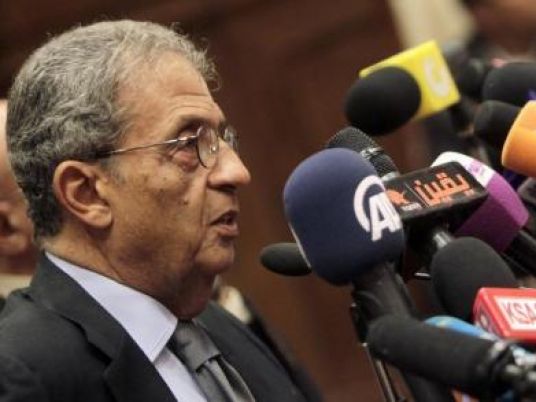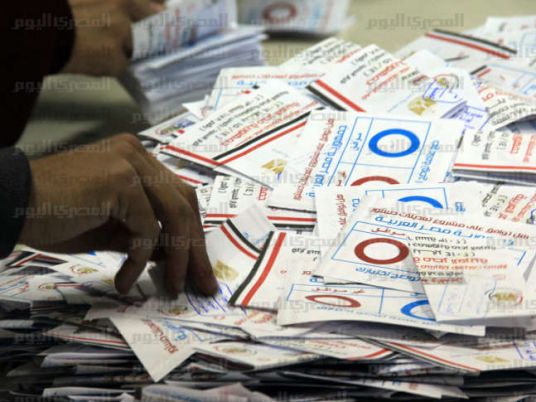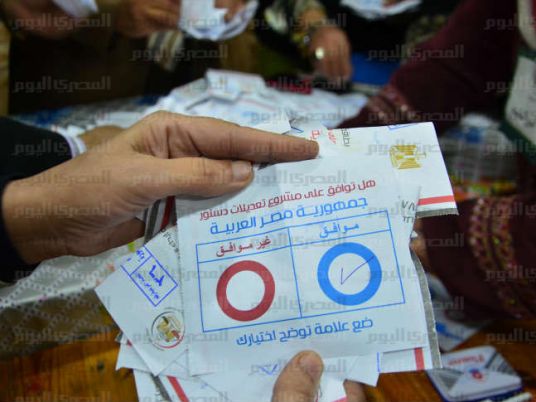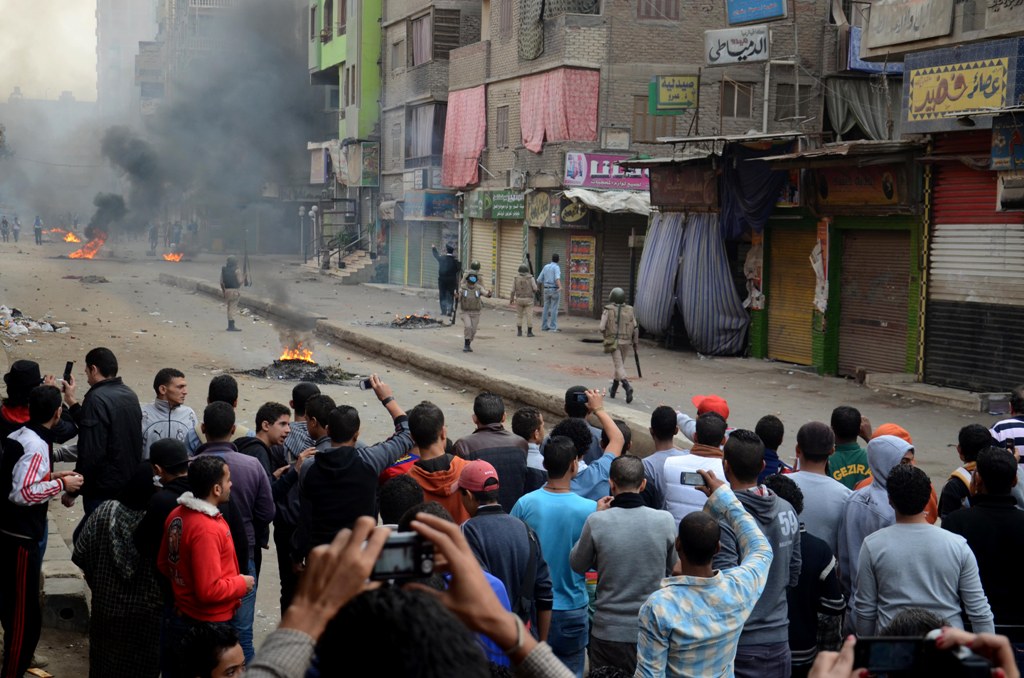
Egypt’s new constitution, according to a draft text completed on Saturday nearly five months after the army deposed an Islamist president, will bolster the military’s hand and ban religious parties.
The constitution, expected to be put to a referendum in December, is part of an army-planned political transition meant to lead to parliamentary and presidential elections next year.
"In the early hours of the morning the assembly (reached) an overall consensus over the constitution articles," its chairman, former Arab League chief Amr Moussa, told a news conference.
The 50-member constituent assembly later began voting to approve the draft, article by article, and once this process is complete it will submit the document to interim President Adli Mansour, who will set a date for the referendum.
The final draft, seen by Reuters, does away with the Islamist-inspired additions that featured in the constitution approved by a referendum during Morsy’s year in office.
It empowers the Supreme Council of the Armed Forces to approve the choice for a defense minister who would serve for eight years from when the constitution becomes law.
Army chief General Abdel Fattah al-Sisi ousted the Muslim Brotherhood’s Morsy, Egypt’s first freely elected leader, on July 3 after mass protests against him. Sisi suspended the constitution and an assembly was named to draft a new one by December 3.
The document it has produced proscribes any political party founded on "a religious basis", reverting to a prohibition that was in force during Mubarak’s 30-year rule.
Even though Islamists dominated five national votes held since Mubarak fell in 2011, the constituent assembly includes only two Islamists – one from the hardline Salafi Nour party and the other a former Brotherhood leader who is now harshly critical of the group he left last year.
The draft constitution also allows civilians to be tried in military courts – another holdover from the Mubarak era and one that will dismay pro-democracy campaigners.
Assuming the draft constitution is approved, next year’s parliamentary election will be run under a different voting system, with two-thirds of the seats allotted to individual candidates and one third to party lists – reversing the proportions in the last polls, which Islamist parties won.
The authorities have pursued a campaign to repress the Brotherhood, accusing it of violence and terrorism. Hundreds were killed when security forces stormed two pro-Morsy protest camps in August and thousands have been arrested since then.
The Brotherhood, which formally renounced violence decades ago, accuses the army of staging a military coup.




